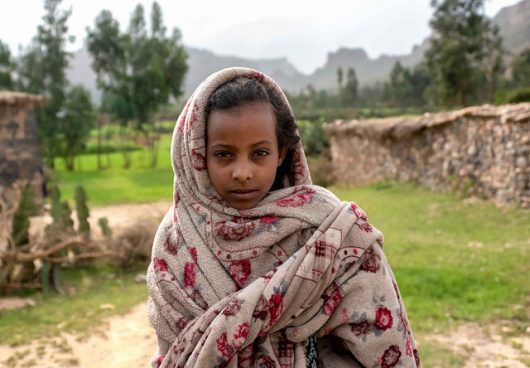How to Stop Poverty: Seven Effective Actions

Even in the 21st century, nearly half of the world’s population, or three billion people, lives on $2.50 a day, and 80 percent of the world’s population lives on less than $10 a day. Focusing on how to stop poverty is very important, both in the ways that an individual can have an impact and on the wider changes that need to be made to bring an end to poverty.
How to Stop Poverty
- Create Awareness
Social media has become an integral part of daily life, and now is the time to use it as a voice of social good. Sharing links on Facebook, Twitter and other platforms will allow people to learn more about global poverty and will increase the general consciousness of the issue. - Take Action on Your Own
There are a few simple ways we can help as individuals, such as funding a poor child’s education or by sponsoring a poor family and influencing others to do so. Raising money and donating it to a nonprofit can help as well. - Donate
Donations can help in so many ways. They do not always have to take the form of money. This can include donating books to a poor child or buying groceries for a poor family for a week to help fight hunger. Donating old clothes, furniture and toiletries can also help improve the well-being of the poor. - Eliminate Gender Inequality
With two-thirds of the world’s illiterate being female, the ratio of boys and girls should be made equal in primary, secondary and tertiary education. Girls that attend school are less likely to get married before age 18, thus decreasing child marriage rates by 64 percent worldwide. Similarly, literate women are less likely to spread diseases like HIV/AIDS due to a better knowledge of disease transmission, which helps to accelerate poverty reduction in the long run. - Create Jobs Worldwide
According to the International Labour Organization, 197 million people are without work worldwide. More employment options in a country mean more ways of how to stop poverty. To increase employment, non-literate people can be taught a few skills to make them employable. - Increase Access to Proper Sanitation and Clean Water
Access to clean water and sanitation directly affects health and education. Currently, 800 million people live without access to safe water and 2.5 billion live without adequate sanitation. Dirty bathrooms keep girls from attending schools, thus stopping them from receiving an education. Lack of clean water spreads diseases like diarrhea and cholera, which take the lives of more than one million children each year. - Educate Everyone
Education helps increase individual earnings for every member of a family. UNESCO points out that basic reading skills can lift 171 million people out of extreme poverty, ultimately reducing the world’s total poverty by 12 percent. UNESCO also mentions there are currently about one billion illiterate adults in the world.
Above are a few solutions about how to stop poverty, but first, it is important to understand the roots of the problems that cause poverty. Since different countries have different reasons for poverty, there will never be a single solution for all. However, these seven actions can do a lot to alleviate poverty anywhere.
– Shweta Roy
Photo: Flickr
